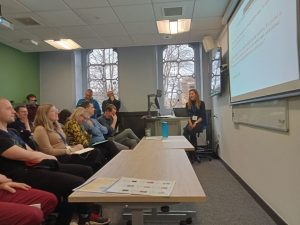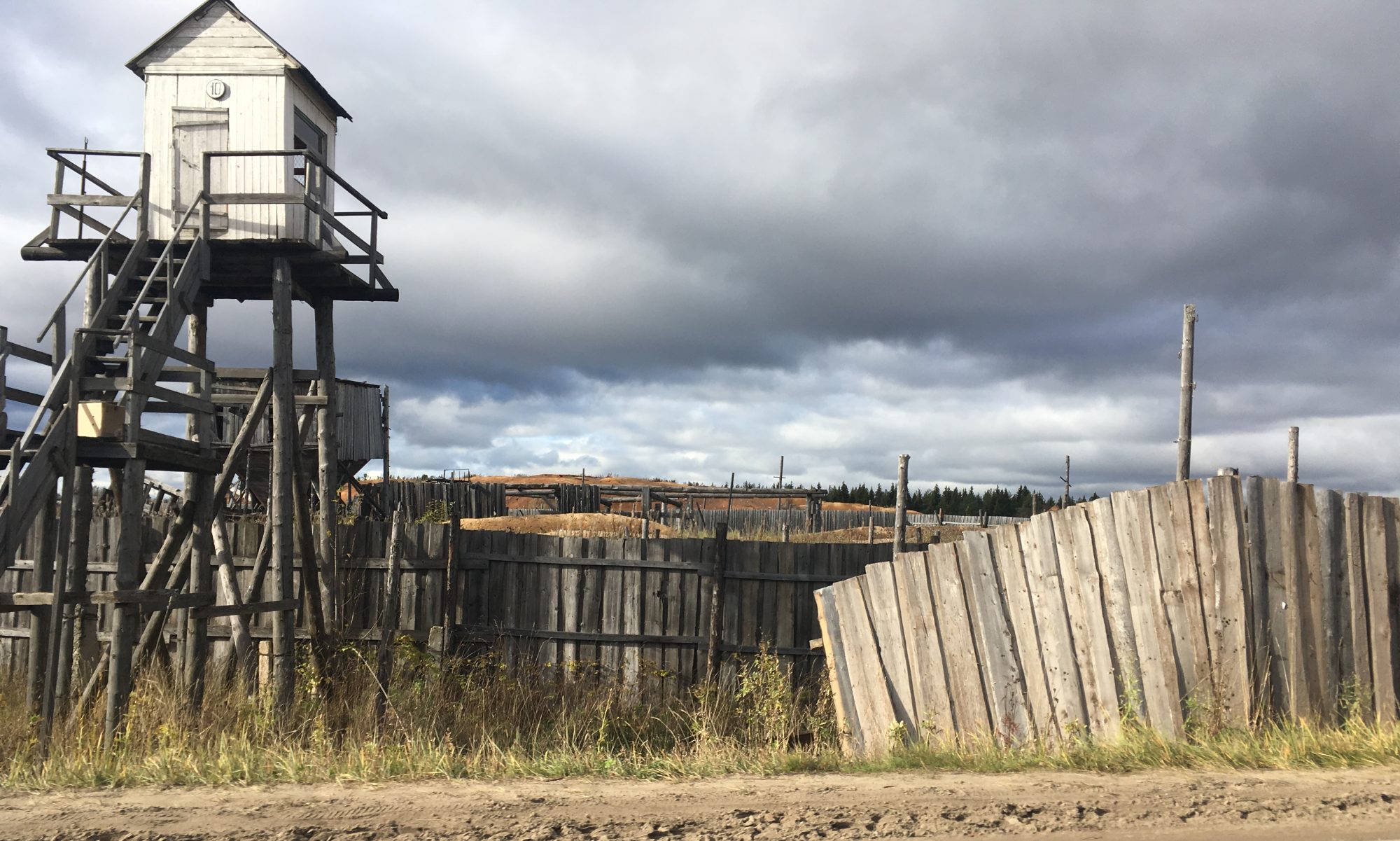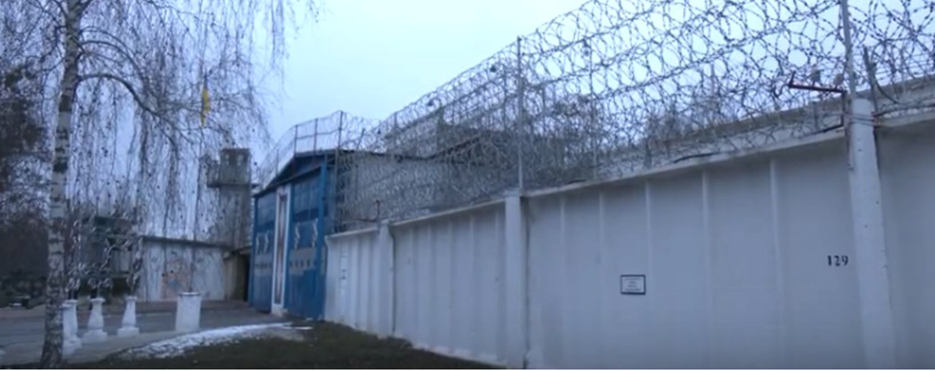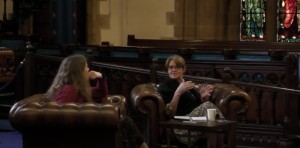The BASEES conference moved this year from its normal venue in Cambridge to Glasgow. The core members of the Gulagechoes team travelled to Scotland to take up the opportunity to present the project’s findings to a larger than usual audience and to network with scholars from across Europe and further afield. We had formed a joint panel with Gavin Slade and Laura Piacentini’s UK-funded project “In the shadow of the gulag” with which gulagechoes has strong synergies. The title of the panel was “From Bamlag to Ukraine: intersections of Class, Ethnicity, and Nationality in the Context of Punishment 1930-2023”.

The session, which was chaired by new Gulagechoes team member Yuliya Brin, kicked off with Mikhail Nakonechnyi presenting the results of his work with the archival materials he has collected on the policy towards ethnic minority prisoners in Bamlag. Gavin Slade followed with a paper on decarceration and punitiveness in Russia today. Olga Zeveleva shifted the focus to outside Russia with her paper on the interconnections between ethnicity and class in prisons in the Baltic states which drew on the interviews she took with former prisoners in ‘Russian region’ in eastern Estonia. And Judith Pallot rounded the session off with a discussion of the various ways in which the Russian prison system has been reconfigured to support Russia’s war on Ukraine. There were good questions from the floor which could have continued had we not run out of time.


 Every year one of the keynote slots at the BASEES conference adopts an interview format. Last year, Judith interviewed leading BBC journalist Sarah Rainsford about her experience reporting form Russia and Ukraine. This year on April 1st 2023, it was Judith’s turn to be interviewed, by Sarah Badcock, about her experiences researching Russia over her forty-year career in area studies. The interview can be viewed at:
Every year one of the keynote slots at the BASEES conference adopts an interview format. Last year, Judith interviewed leading BBC journalist Sarah Rainsford about her experience reporting form Russia and Ukraine. This year on April 1st 2023, it was Judith’s turn to be interviewed, by Sarah Badcock, about her experiences researching Russia over her forty-year career in area studies. The interview can be viewed at: 